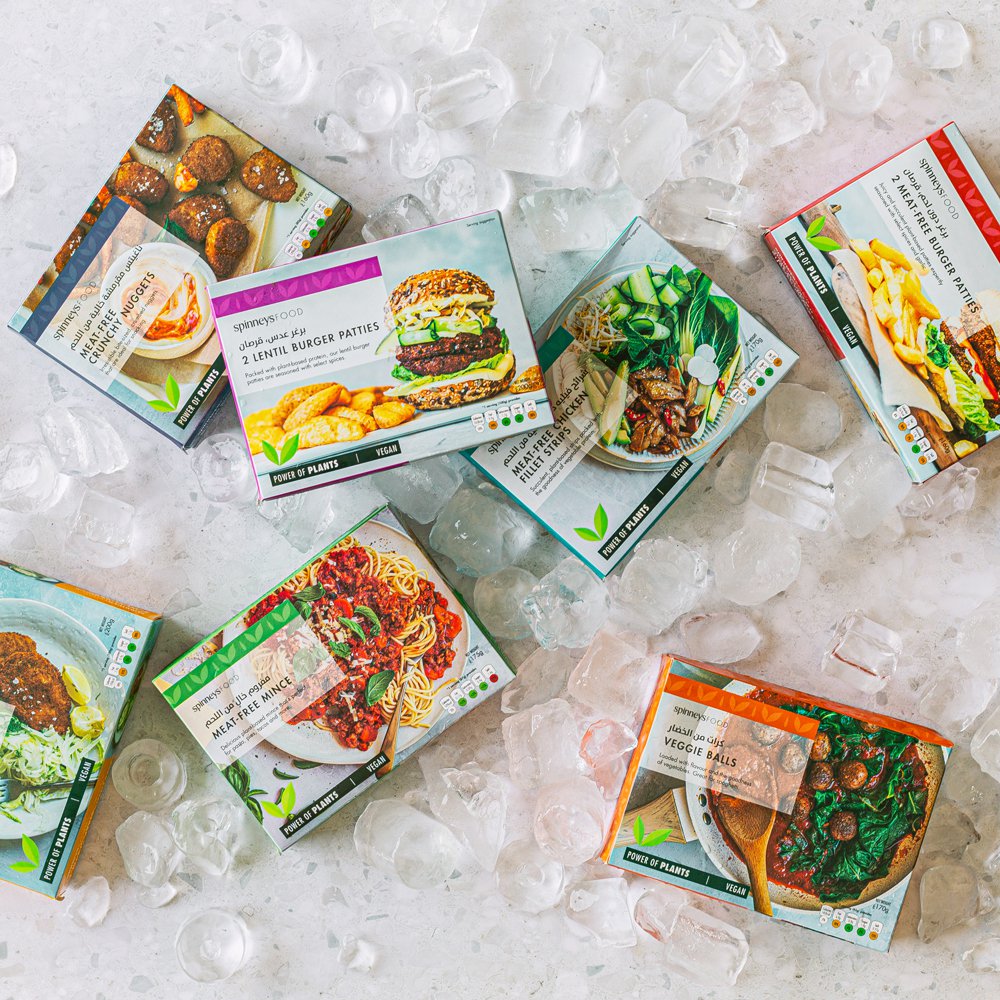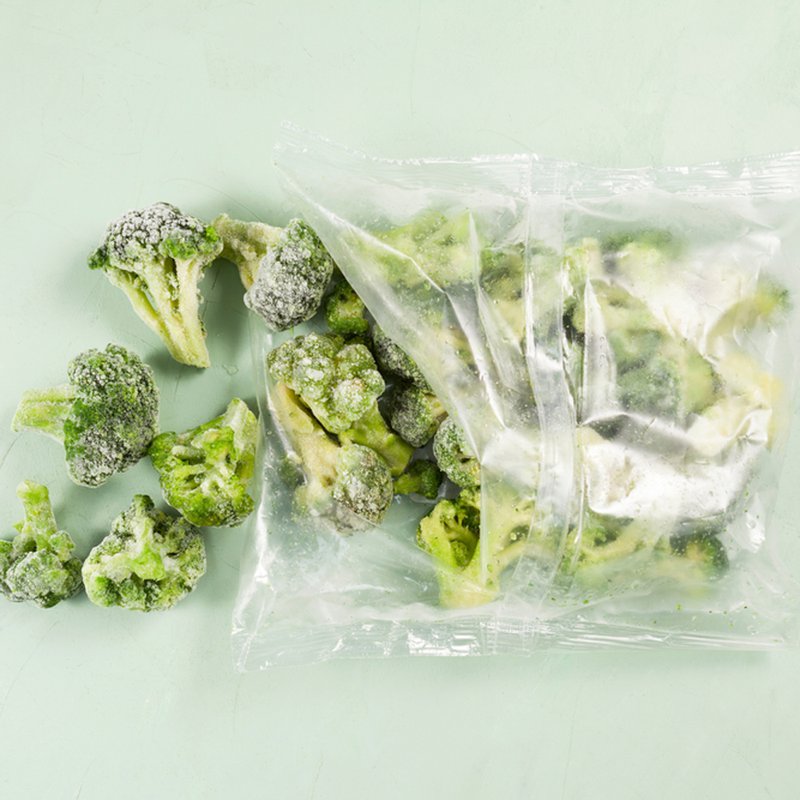John White, CEO of Intelligent Foods – one of our private-label partners – helps us to better understand the benefits and safety of frozen food
People have been freezing food for centuries, but it was in 1923 that Clarence Birdseye revolutionised the food industry by developing a method for flash-freezing fish and vegetables. After observing the indigenous Inuit people during his time in Canada, he discovered that when they went ice fishing, they would let their catch immediately freeze in the cold air.
Frozen food took a while to catch on across the world, but with the shortage of canned goods during World War II, the 1950s wave of TV dinners and the growth of supermarkets, frozen food eventually hit the mainstream and today is a multi-billion-dollar industry.

Intelligent Foods is a UAE-based private-label manufacturer of Spinneys’ frozen foods, ensuring the products that fill our in-store freezers are of high quality. The partnership combines Spinneys' retail expertise with the supplier’s manufacturing excellence. Here we talk to John White, CEO of Intelligent Foods, to find out more about why frozen food is more popular than ever.
Does frozen food retain its nutritional properties?
Yes. Generally, frozen foods maintain their vitamins and minerals, and there is no significant change to their carbohydrate, protein or fat content. In some cases, frozen foods can even have more vitamins and minerals compared to fresh foods, as fresh foods tend to lose nutrients over time, while the freezing process helps preserve them. At Intelligent Foods, we maintain the nutritional value and taste profile of our products through a quick-freezing process. This method ensures that our foods retain their vitamins, minerals and overall quality. Our supply chain is designed to uphold these standards from production to delivery.
What is the difference between a frozen ready meal and a fresh one?
The primary difference between a frozen ready meal and a fresh one lies in the preservation method. Frozen ready meals are quick-frozen at their peak freshness to lock in nutrients, taste and texture, which helps in maintaining their quality over a longer period. Fresh meals, on the other hand, need to be consumed within a shorter time frame to obtain the same nutritional benefits. Additionally, frozen ready meals offer the convenience of longer storage and reduced food waste.
Do you have any top health and safety tips?
- Defrosting: Always defrost frozen food safely to prevent the growth of harmful bacteria and follow the intructions on the package. The best methods include thawing in the refrigerator, using the defrost setting on a microwave, or cooking directly from frozen.
- Refreezing: It is generally not recommended to refreeze food that has been thawed, as this can affect the texture and taste, and potentially lead to food safety issues. If you must refreeze, ensure the food has been thawed in a refrigerator and has not been left at room temperature for an extended period.

